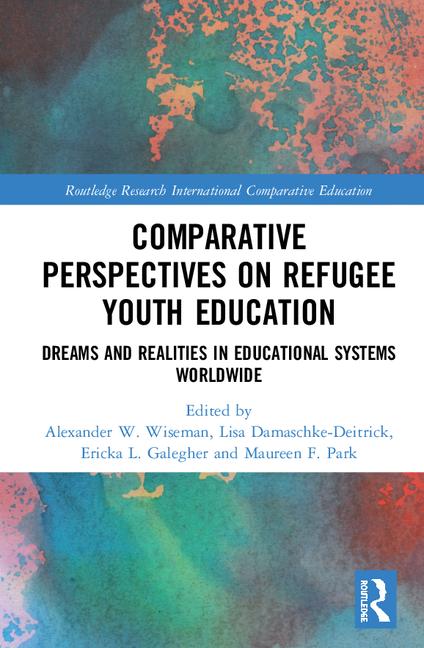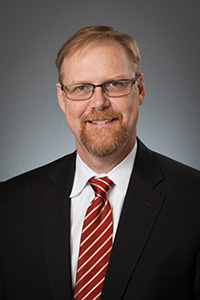
The book examines the idea that education can be a catch-all solution for challenges facing refugees and their host countries.
War, violence and persecution across the world has displaced millions of people, creating more refugees than at any time since World War II.
Schools are supposed to teach language, skills and social norms to refugees so they can find jobs, feel a sense of belonging and ultimately be a productive part of their host countries.
But does education really live up to that expectation?
That's the question that Alexander Wiseman, a professor of educational leadership at Texas Tech University, and others ask in a book published this month, "Comparative Perspectives on Refugee Youth Education: Dreams and Realities in Educational Systems Worldwide."
"We specifically wanted to publish this book because education is often seen as a solution to problems beyond academic learning and individual growth. It has been used historically to combat crime, teen pregnancy, gang involvement, poverty," said Wiseman, a co-editor of the book. "But, as evidence shows over and over again, education is as much a reflection of society and its ills as it is a solution to them, and further evidence shows that education can lead to the reproduction of inequality."
Through comparative research of education systems in countries across five continents, researchers looked at structures, policies and practices intended to support refugee youth transition into mainstream classrooms and schools in their new communities.
The researchers point out examples of what does work, like a school in Canada that developed comprehensive policies, including required trauma training for teachers, to accommodate an influx of Syrian refugees.
The book also shows how education often falls short of its expectation as a "panacea" for refugee resettlement. Part of one chapter explores the social and cultural isolation felt by female refugees struggling to complete a German university's refugee preparation program.

"It is perhaps the perception of what education can and should do that drives how we as educators work with refugee youth more than evidence of what works," said Wiseman, who recently led a two-day seminar on education for refugees at the Leibniz Institute for Research and Information in Education (DIPF) in Germany. "Recognizing this dichotomy is important for policymakers and educators so they can develop and implement better educational programs, curricula, pedagogies and systems for not only refugee youth, but also for their broader communities."
Wiseman co-edited the book with Lisa Damaschke-Deitrick, a professor of comparative and international education at Lehigh University; Ericka L. Galegher, an independent researcher affiliated with Lehigh; and Maureen F. Park, a Ph.D. candidate in comparative and international education at Lehigh.
A former classroom teacher, Wiseman specializes in the areas of evidence-based decision-making, teacher preparation and professional development, strategic planning, system assessment and reform, education policy, change management, equitable educational access for girls and boys, institutional capacity building, school-to-work transition and civic education.
He coordinates Texas Tech's new educational leadership policy Ph.D. program. The fully online degree program is designed to help students become critically engaged policymakers who can create, enact and evaluate educational policy.
